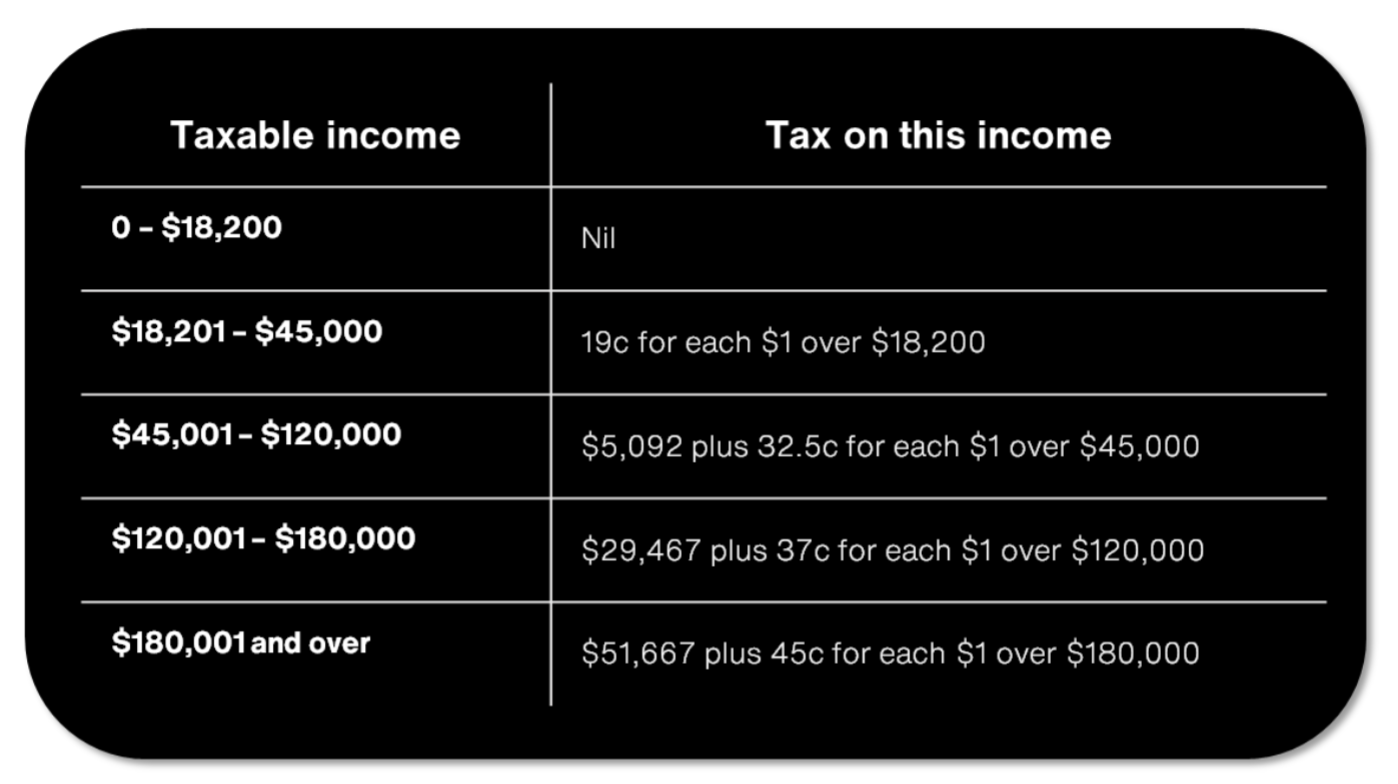The Australian Taxation Office (ATO) has extended an olive branch to small businesses with overdue tax returns or business activity statements, announcing an amnesty period till 31st December 2023. During this period, small businesses are encouraged to resolve any outstanding income tax returns, fringe benefits tax returns, and business activity statements1.
The ATO’s amnesty was unveiled as part of the 2023-24 budget and applies to tax obligations initially due between 1st December 2019 and 28th February 2022. The tax office urges small businesses to meet their tax obligations even if they fall outside the amnesty period, as it may consider individual circumstances and possibly reduce penalties1.
ATO assistant commissioner Emma Tobias has stressed the importance of small businesses taking advantage of this amnesty. She acknowledged the challenges many small businesses have faced over the past few years due to the pandemic and natural disasters and understands that tax obligations may have been deprioritised. However, she emphasised that the lodging of these forms is not optional and hopes the amnesty will aid impacted small businesses to realign their tax commitments1.
The ATO has streamlined the amnesty process, eliminating the need for businesses or tax agents to separately request a remission of Failure to Lodge (FTL) penalties for forms lodged under the amnesty. The ATO will automatically remit these penalties from their end1.
Furthermore, businesses have been warned that outstanding lodgements could be perceived as a red flag, indicating non-engagement in the tax system. The ATO encourages firms to lodge all overdue tax commitments, and if they are unable to make full payment of their debt, the ATO is willing to work together to find a solution1.
To qualify for the amnesty, the small business must have had an aggregated turnover of less than $10 million when the original lodgement was due. However, it’s important to note that superannuation obligations and other administrative penalties, such as those associated with the Taxable Payments Reporting System, are not included in this amnesty1.
In light of this development, we at Corporate Advantage encourage our clients to ensure their tax affairs are in order. Now is an opportune moment to reach out to your registered tax or BAS agent, review your tax situation, and take necessary actions to regularise any outstanding tax commitments.
We remain committed to supporting our clients during this period, helping them navigate their obligations and take full advantage of the amnesty. Our dedicated team of experts are on hand to provide tailored advice and support, ensuring your business is compliant and your tax affairs are up-to-date. Contact us today to schedule a consultation.




